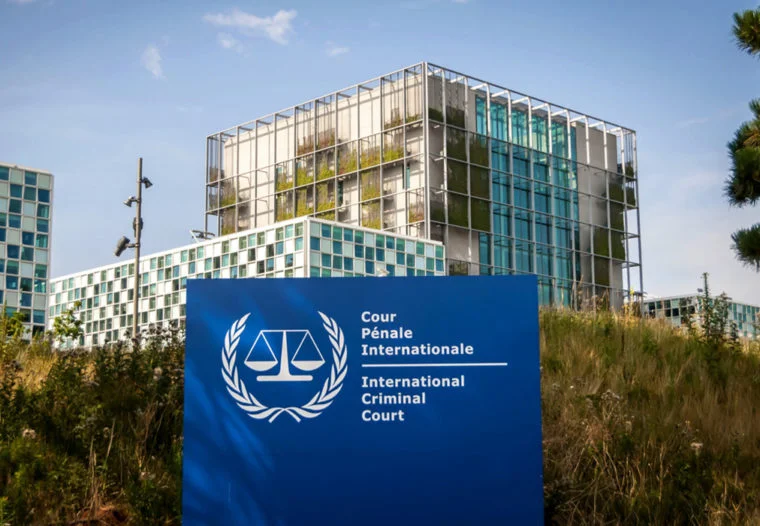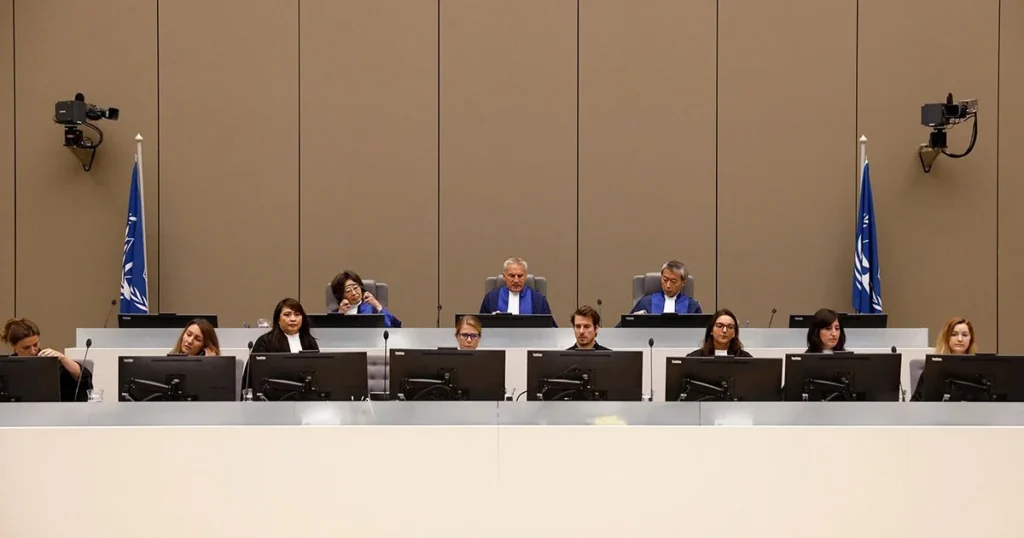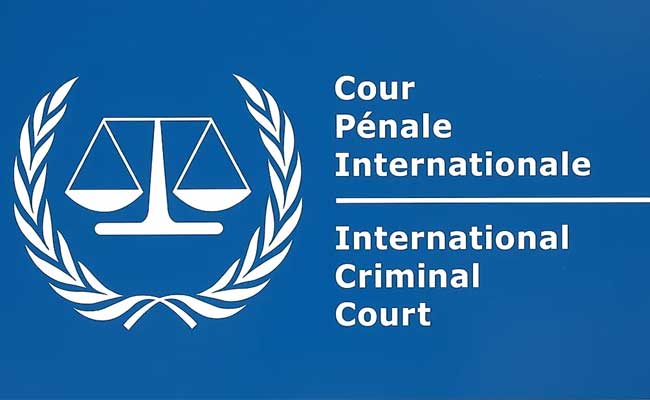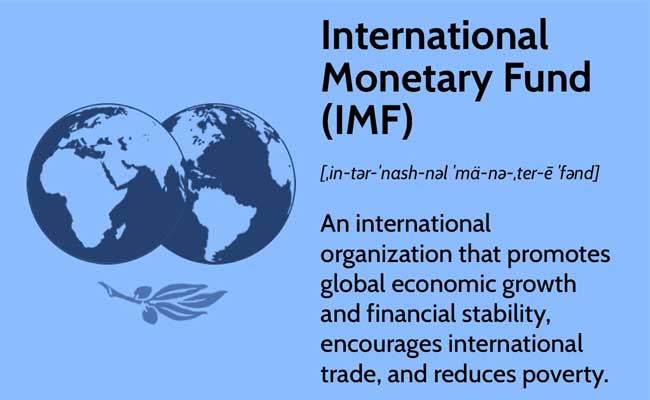International Criminal Court: The International Criminal Court (ICC) is a permanent international tribunal that is established to prosecute individuals who are responsible for committing serious crimes such as genocide, crimes against humanity, and war crimes. The ICC is governed by the Rome Statute, which is a treaty that has been ratified by 123 countries. In this article, we will explore the history and purpose of the ICC, its structure, its jurisdiction, and its achievements.
International Criminal Court History and Purpose:

The ICC was established on July 1, 2002, with the goal of ensuring that those who commit the most serious crimes of international concern are held accountable. The ICC was created as a response to the atrocities that were committed during World War II, such as the Holocaust, and the more recent atrocities in the former Yugoslavia, Rwanda, and Sierra Leone. The ICC is designed to be a court of last resort, meaning that it only steps in to prosecute cases when national courts are unable or unwilling to do so.
International Criminal Court Structure:
The ICC is composed of four main organs: the Presidency, the Judicial Division, the Office of the Prosecutor, and the Registry. The Presidency is responsible for the administration of the court, while the Judicial Division is responsible for hearing cases and making decisions. The Office of the Prosecutor is responsible for conducting investigations and prosecutions, while the Registry is responsible for providing support services to the other organs of the court.
Jurisdiction:

The ICC has jurisdiction over four main crimes: genocide, crimes against humanity, war crimes, and the crime of aggression. Genocide is defined as any act committed with the intent to destroy, in whole or in part, a national, ethnic, racial, or religious group. Crimes against humanity are acts committed as part of a widespread or systematic attack directed against any civilian population, with knowledge of the attack. War crimes are violations of the laws and customs of war, including the targeting of civilians, the use of child soldiers, and the intentional destruction of civilian property. The crime of aggression is the use of armed force by a state against another state, without justification.
Achievements:
Since its inception, the ICC has prosecuted several high-profile cases, including the trial of former Congolese rebel leader Thomas Lubanga Dyilo, who was found guilty of recruiting and using child soldiers in the Democratic Republic of Congo. The ICC has also indicted several sitting heads of state, including Sudanese President Omar al-Bashir and Libyan leader Muammar Gaddafi. While these individuals have not been brought to justice, the indictments themselves send a strong message that impunity will not be tolerated.
The ICC has also made significant contributions to the development of international criminal law. The ICC’s decisions have helped to clarify the elements of the crimes under its jurisdiction, and its jurisprudence has been cited by national courts and other international tribunals.
Criticism:
The ICC has faced criticism from various quarters. Some critics have argued that the ICC is biased against African states, as the majority of its cases have been focused on African countries. Others have criticized the ICC for being ineffective, as it has yet to secure a conviction of a sitting head of state. Some have also argued that the ICC’s jurisdiction is limited, as it can only prosecute crimes that have been committed by individuals, and not by states or corporations.
The International Criminal Court is an important institution in the fight against impunity for international crimes. While it has faced criticism and challenges, it has also achieved significant successes in prosecuting individuals responsible for the most serious crimes. As the ICC continues to develop its jurisprudence and expand its reach, it has the potential to become an even more effective tool for promoting justice and accountability in the international community.
Read Also: United Nations Children’s Fund
![]()





